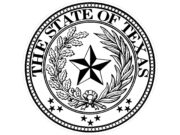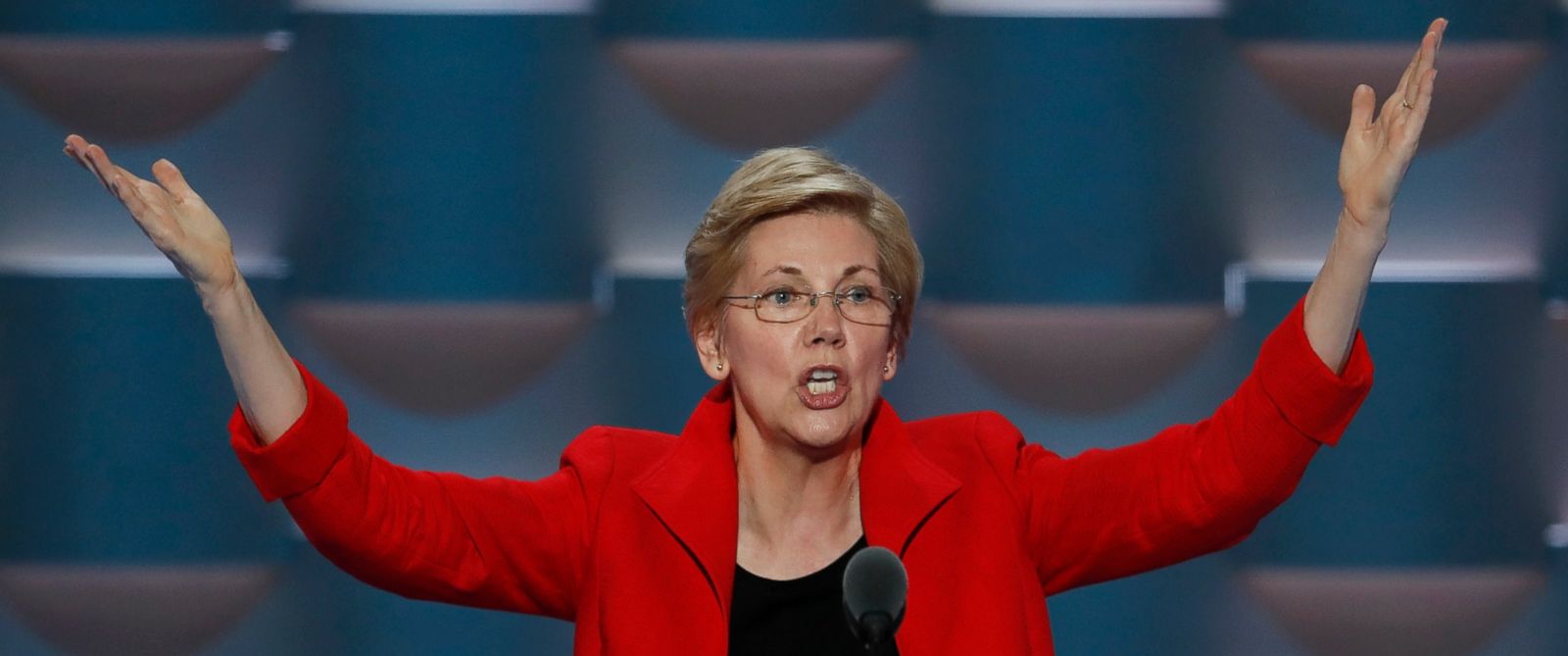As a general rule, should citizens be required to report their political activity to the government? There are good arguments for it – John Stuart Mill thought all voting should be public – but there are also good arguments against it (invasion of privacy, threats of official or private retaliation). The key is to strike a reasonable balance.
In striking a balance, it is important to start by remembering that, under our existing campaign finance disclosure laws, we do know who pays for ads – we just don’t always know all we’d like to know about them. For example, in this piece, Professor Richard Hasen complains about spending by the U.S. Chamber of Commerce and the Center to Protect Patient Rights (he doesn’t mention the latter group by name, but references a Los Angeles Times story about them). The Chamber of Commerce is a pretty well known group. It’s fair to say that most Americans can evaluate a Chamber ad as one representing a pro-business agenda. We know when they’ve paid for ads – else we wouldn’t have people writing about them.
The Center to Protect Patient Rights (“CPPR”) is, of course, much less well known. But we do know if they pay for ads, and they are hardly unknown. For as the Times reports, the group appears to be supported by Charles and David Koch, those infamous supporters of college scholarships, cancer research centers, art, and – notoriously – low tax politicians, and has given money to “26 GOP-allied groups, tax filings show,” including American Future Fund, 60 Plus, Americans for Tax Reform, the Susan B. Anthony List, Americans for Prosperity, and Americans for Job Security. We know whenever any of these groups run ads, because they are forced to put their names on the ads.
Should we know more? About CPPR, beyond the information above, the Times also informs us that it is “run by Sean Noble, a Phoenix-based GOP consultant who is a key operative in the Kochs’ political activities, … One of the center’s original directors, Heather Higgins, is chairwoman of the Independent Women’s Forum, which has received funding from a Koch-controlled foundation. And Cheryl Hillen, a Connecticut-based consultant who raised $2.6 million for the center, was director of fundraising for the Koch-backed Citizens for a Sound Economy.” The other Director is “Courtney Koshar, a Phoenix anesthesiologist.” An earlier director was Dr. Eric Novack.
CPPR was incorporated in Maryland in 2009, to “protect the rights of patients to choose and use medical care providers.” The group filed paperwork earlier this year expanding its mission beyond “patient’s rights” to include “limited government and free enterprise.” The story goes on to tell us about other groups (and amounts) to which CPPR has contributed, consultants it is connected to, and much more.
Now, I don’t know about you, but I don’t feel all that much in the dark about this group, or what it’s up to. Hell, I just wrote a check to the Granville Foundation, which supports civic activities in my little town of Granville, and from this one LA Times article I know more about CPPR than I do about the Granville Foundation – and this is a very small town! And if that’s not enough, you can quickly learn more from any number of web sites and articles, such as this one.
So the question is, how much more do voters really need to know to evaluate the ads of the CPPR? The LA Times insinuates that we need a lot more, and that the government should mandate it (thereby making the Times unnecessary). Similarly, Professor Hasen is very concerned that those who speak out on politics must be held “accountable.” He quotes from the popular comic strip cum movie series Spiderman: “With great power comes great responsibility.”
Powerful stuff – except that, as we all know, Spiderman carried out his heroic activities … anonymously.
Cue Emily Litella: “Never mind.”
Indeed, much of Peter Parker’s ability to do good came because he was hidden behind a mask and a secret identity, and his adversaries were constantly trying to find out Spiderman’s civilian identity so that they could harm him. Furthermore, Parker’s anonymity was instrumental less in protecting him, than in protecting others around him; imagine, for example, a multi-millionaire who wishes to spend his own money to support a candidate, but recognizes that doing so may trigger a boycott of his company, thus harming not just him – he’s rich – but employees and smaller shareholders who can less afford it. When Peter Parker’s grandfather told Peter that with power comes great responsibility, he was not calling for the government to force Peter to report his activities to it; nor was he suggesting that others should hold Peter “accountable.” (Indeed, we know that even beyond Doc Ock and the other villains, many of those who ostensibly sought to hold Spiderman “accountable” were doing so for bad, muddled, and/or selfish reasons; and most of them had not even earned the moral right to hold Parker “accountable.”) Peter’s responsibility was to himself – to live by his own standards of right and wrong; to his understanding of the needs and interests of his family, friends, and of his fellow citizens. It was not to needlessly open himself and others to harm, or to reveal himself to the world. It was certainly not to live by some standard of “accountability” determined by the government and the goo-goo busybodies. And Peter was actually doing stuff – not just speaking about good and bad and trying to persuade people of his views of right and wrong!
So let us summarize some serious points. First, every political ad on television or radio, and most print ads, tell the listener/viewer who has paid for the ad. True, sometimes we would like to know more, but that is not the same as saying that the entity behind the ad is “secret.” Moreover, as the LA Times (and the links above) demonstrate, it is usually not that hard to learn quite a bit more about even the most mysterious speakers. Furthermore, we know that people are often harassed for their political beliefs, even to the point of SWATting, but also to being forced out of jobs, threatened, bullied, and more. And we know that very few people actually use the government mandated disclosure information for the purposes for which it is in theory intended (to assist the public in evaluating message content and to help the public monitor officials). We know that Americans such as Jefferson, Madison, Hamilton, John Marshall, Lincoln, and many others have used their freedom to engage in anonymous political speech. And we know that some people will refrain from political activity due to fear of disclosure.
There is now a push on – a partisan push, frankly – to expand the required disclosure of political activity beyond that which we have ever had before. Perhaps that should be done. But reasonable people must think about a reasonable balance; if they are experts or command a wide audience, they ought to be honest with the public about what is currently disclosed and what is not; they need to be honest about the benefits and harms of disclosure and about the actual use of compulsory disclosure in the real world. For with great power – such as being a legislator, a judge, a well read columnist, a popular political comedian, or an oft-quoted law professor – comes great responsibility.














